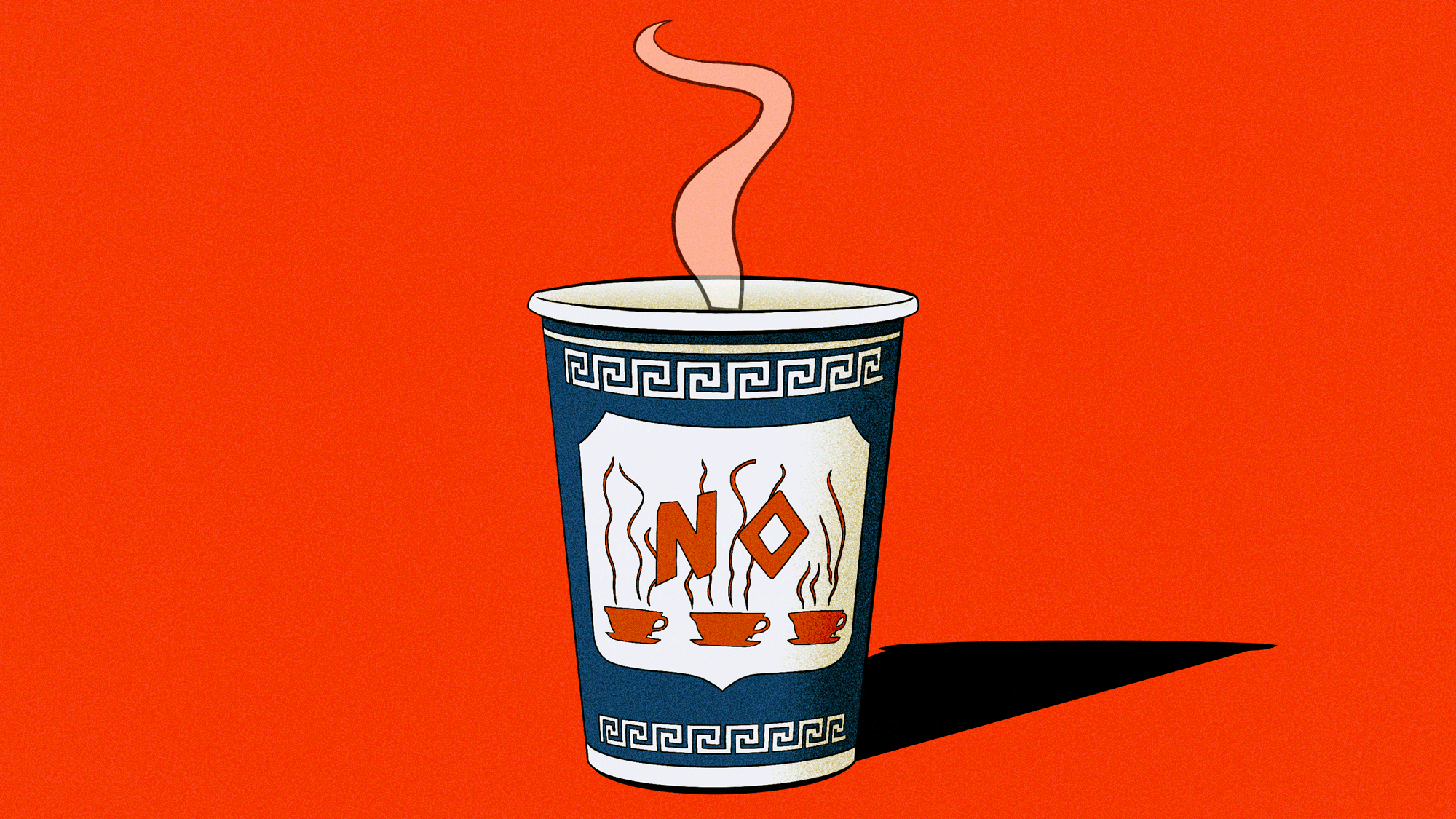
My Journey: Quitting Coffee After 15 Years (And Why You Might Too!)

For years, I relied on a daily dose of caffeine. It was more than just a morning ritual; it felt like a necessity. Like many, I started drinking coffee young, around 15, and it quickly became a consistent part of my life. When I began to re-evaluate my habits and pursue a healthier lifestyle, I realized my caffeine dependency had to be addressed. To truly move forward, I needed to challenge my belief that functioning without coffee was impossible.
Now, six weeks into my caffeine-free life, I can honestly say it was the right decision, even though it was much harder than I imagined.
The Daily Grind (or Lack Thereof!)
Like many, my coffee consumption increased when I entered the workforce. Office culture often revolves around coffee, with team meetings, morning arrivals, and even conference calls fueled by a cup of joe. Sound familiar?
Maybe you're considering a caffeine cutback or even quitting altogether. Let me tell you, I'm writing this post *completely* caffeine-free – no lattes, no energy drinks, not even a chocolate-covered espresso bean! Something I never thought possible!
This transition was anything but easy, especially considering my Hispanic heritage, where coffee is an integral part of family gatherings. However, this lifestyle change has brought new perspectives and valuable insights. It's truly possible to function on your body's natural energy. Caffeine doesn’t have to be a crutch.

The Truth About Caffeine Withdrawal
This journey wasn't smooth sailing. If you regularly consume caffeine – found in coffee, energy drinks, and caffeinated teas – and suddenly stop, you might experience caffeine withdrawal symptoms. These feelings of empowerment I experienced, the ability to conquer the day with rest, hydration and movement, took time and patience.
While it might not seem like a big deal, caffeine withdrawal can significantly impact your physical and mental state. It typically begins 12 to 24 hours after your last coffee or energy drink. Heather Viola, an internal medicine physician at Mount Sinai, confirmed that my initial experiences weren't just in my head.
Common symptoms include fatigue, irritability, mood swings, and difficulty concentrating. Not fun, especially if you have work, school, or family responsibilities. It can definitely lead to a few tough days!
Unfortunately, some people experience more severe withdrawal symptoms, resembling the flu, with nausea, muscle pain, and even sleep disturbances. I fell into this category, and it was miserable! I felt sluggish for about a week, and the only thing that seemed to help my headache was a nap. Despite the fatigue, I also found myself waking up throughout the night during that first week.
The good news is, it doesn’t last forever! According to Dr. Viola, "These symptoms usually begin within 12 to 24 hours and peak at one to two days, and can last up to nine days." She also noted that fatigue and moodiness may linger longer for some.
Coffee vs. Energy Drinks: Which is Harder to Quit?
While caffeine withdrawal affects anyone dependent on this stimulant, I have bad news for fellow coffee lovers. Dr. Viola warns that "weaning off coffee may be more challenging than switching from lower-dose beverages due to the intensity and ritual of coffee consumption."
Since coffee generally contains more caffeine than other beverages, Dr. Viola recommends gradually reducing your caffeine intake instead of quitting cold turkey. If you mindlessly reach for the coffee pot all day, a caffeine detox may be helpful.
The Amazing Benefits of a Caffeine Detox
Around the third week, I started feeling empowered. Limiting beliefs that had dominated my life for a decade started to disappear. Did I feel a twinge of jealousy seeing people enjoying iced coffee? Sure. But I proved to myself that I could function without caffeine, and that felt too good to give up!
There are numerous physical and mental benefits to letting go of caffeine, including "better sleep quality, more stable energy levels (fewer crashes), lower blood pressure and heart rate, and fewer GI issues, like acid reflux and IBS symptoms," says Dr. Viola. "The mental benefits can include reduced anxiety or jitteriness, improved mood stability, and clearer mental focus – after, of course, the initial adjustment period." She also notes that people often experience a sense of joy in being less dependent on a "potential 'crutch' to function."
Giving up coffee and energy drinks doesn't mean saying goodbye to fun beverages. Juicing made a huge difference for me, providing the vitamins and nutrients my body needed to create its own energy. Ginger and lemon shots became my "uppers," and celery and freshly squeezed orange juice made each morning a little less intimidating.
My caffeine detox resulted in fewer energy crashes, fewer cortisol spikes, increased productivity, whiter teeth, and no more worrying about coffee breath! (That last one is definitely a favorite.)
I'm not saying caffeine is inherently bad, but dependence on it can cause issues...and be incredibly expensive!
At the beginning of this experiment, I told myself I'd have a delightful cup of coffee at the end. But now, the thought of putting caffeine into my system every day is unappealing. It would feel like a step backward. This might also be because I made the switch overnight.
Dr. Viola suggests reducing your caffeine intake by 25% each week, simply by shrinking your serving size – a less intimidating approach for a body used to overconsumption. If you're aware of your caffeine dependency and curious about cutting back, you're already on the right track!
```